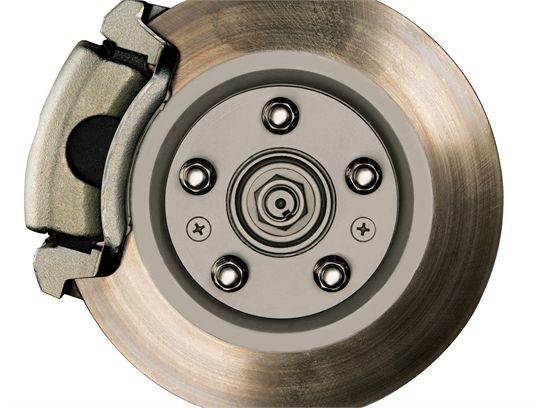Recent Articles
Popular Makes
Body Types
New Vehicle Safety Guide: Brakes
How Anti-lock Brake Systems work

The anti-lock brake system (ABS) was originally developed in response to pressure from the insurance industry. With traditional brakes, emergency braking resulted in wheel lock up and, subsequently, the ability to steer was ceased. The ABS differs in that it allows you to maintain control of a vehicle while simultaneously braking.
When you stop quickly, the wheels spin at different speeds. These speeds are read by sensors attached to the wheels, and then the anti-lock module is engaged to alternate the application of braking between the front left/rear right and front right /rear left wheels. The intermittent brake pressure prevents the wheel from locking while you steer through an emergency or sudden stop.
Anti-lock braking sensors are usually found on four wheels, but are occasionally found on only the rear wheels of light trucks. The anti-lock brake system may shorten the distance it takes to stop under adverse conditions because it pumps the brakes many times faster per second than a person can. For those instances when the braking distance is long or difficult, such as on loose gravel or fresh snow, you will still be able to steer around an obstacle.
If you are inexperienced with ABS, the sound and feel might be startling. When ABS engages, a series of pulses is felt through the brake pedal and a loud grating sound is heard. It is important to keep your foot on the brake when this happens. Easing-up on the brake or pumping the brake will disengage the anti-lock system. You should become comfortable with ABS by practicing braking in a parking lot before you hit the road.
by Staff Photo credit: Automakers